Charles Baudelaire Paintings
Charles Pierre Baudelaire was a French poet, essayist, art critic, and translator of Edgar Allan Poe. Born on April 9, 1821, in Paris, France, his work had a profound influence on the Symbolist movement in late 19th-century French literature. Baudelaire's most famous work, 'Les Fleurs du mal' (The Flowers of Evil), was published in 1857 and is considered one of the greatest achievements in the history of literature, though it was initially condemned for its themes of decadence and eroticism. Baudelaire's early life was marked by an uneasy relationship with his stepfather, General Jacques Aupick, which profoundly affected his future writings and outlook on life. His mother, Caroline, was a major influence in his life, and her death in 1862 deeply affected him. Baudelaire began his education in Lyon, France, but later moved to the Lycée Louis-le-Grand in Paris. Despite showing early promise in his studies, Baudelaire was more interested in the arts and literature than in his formal education. After inheriting a substantial fortune at the age of 21, Baudelaire led a lavish lifestyle, which eventually led to financial ruin. His excesses and addiction to opium greatly influenced his writing, imbuing it with a melancholy and pessimism that would become characteristic of his style. Baudelaire's translation of Edgar Allan Poe's works into French introduced Poe's literature to a French audience and established Baudelaire as a significant figure in the literary world. Baudelaire's later years were marked by financial difficulties, health problems, and a decline in his mental state. In 1867, Charles Baudelaire passed away in Paris at the age of 46, leaving behind a legacy that would influence generations of writers and poets, including Arthur Rimbaud, Paul Verlaine, and Stéphane Mallarmé. Despite the controversies that surrounded his works during his lifetime, Baudelaire is now celebrated as a pioneering figure in modern literature and is recognized for his profound impact on poetry and the arts.
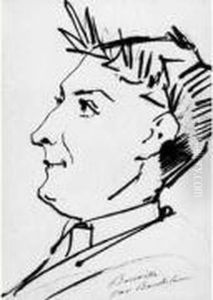
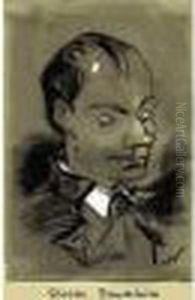
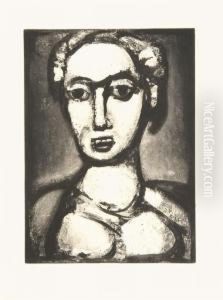
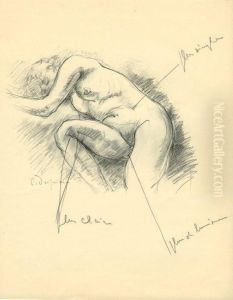

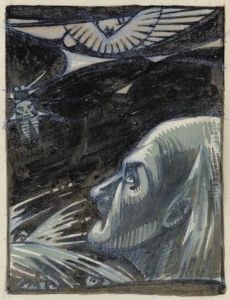

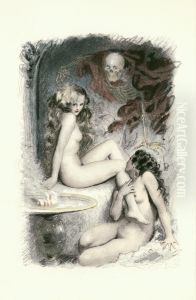

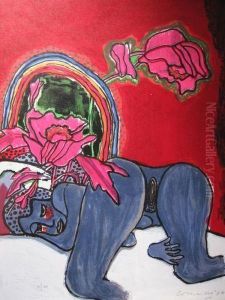


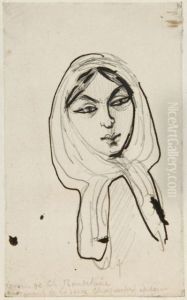
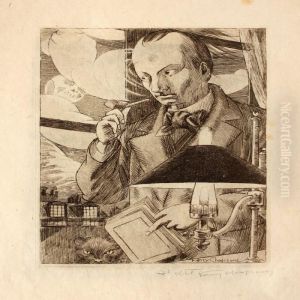
![Les Fleurs Du Mal. [paris:] Le Cercle Du Livre Precieux](https://www.niceartgallery.com/imgs/3068588/s/charles-baudelaire-les-fleurs-du-mal-paris-le-cercle-du-livre-precieux-628fec61.jpg)